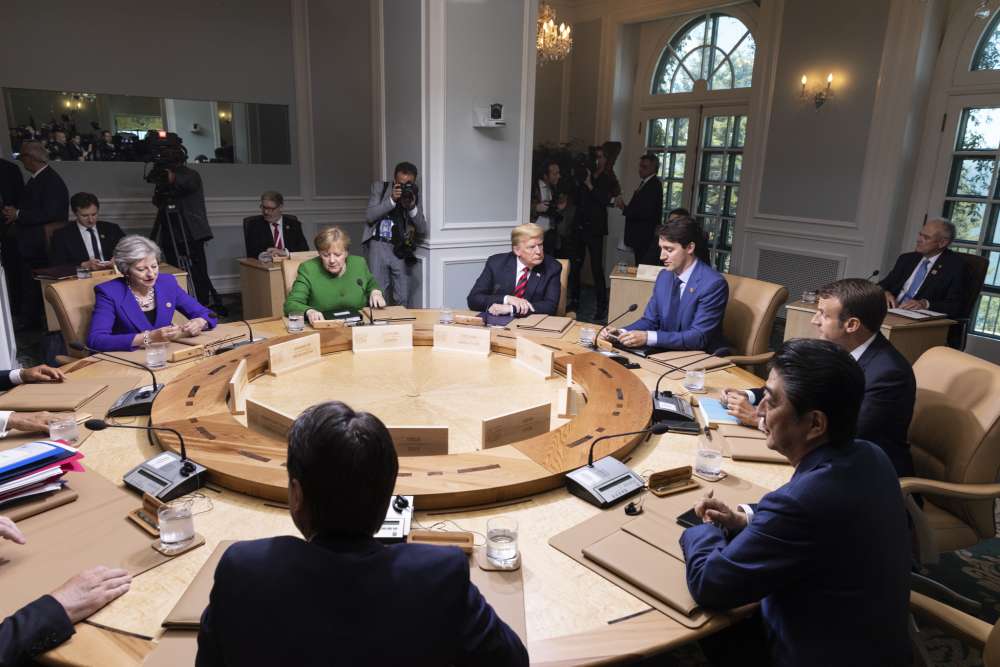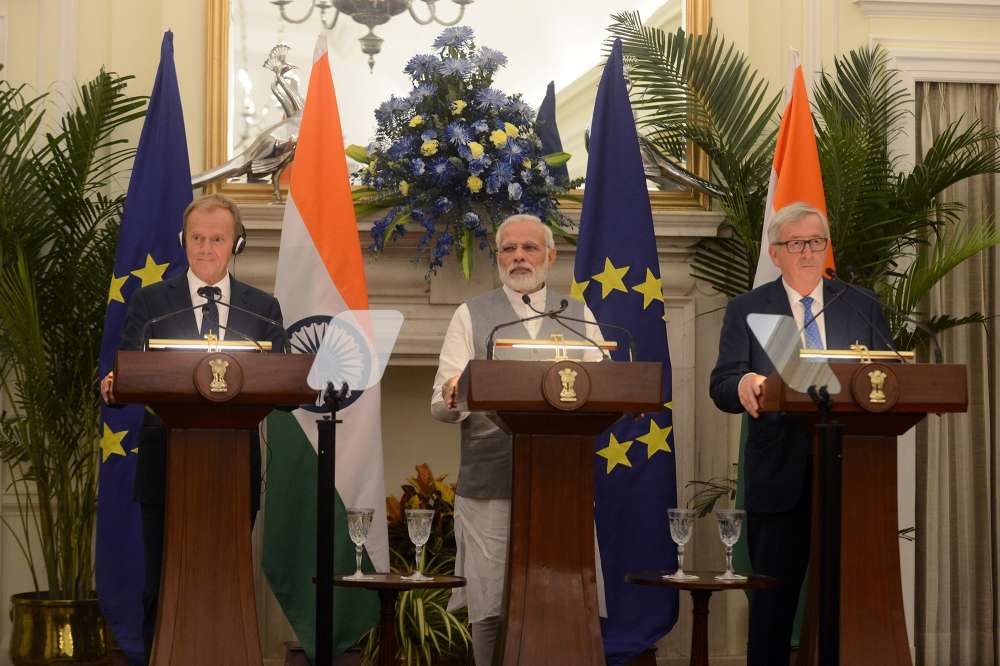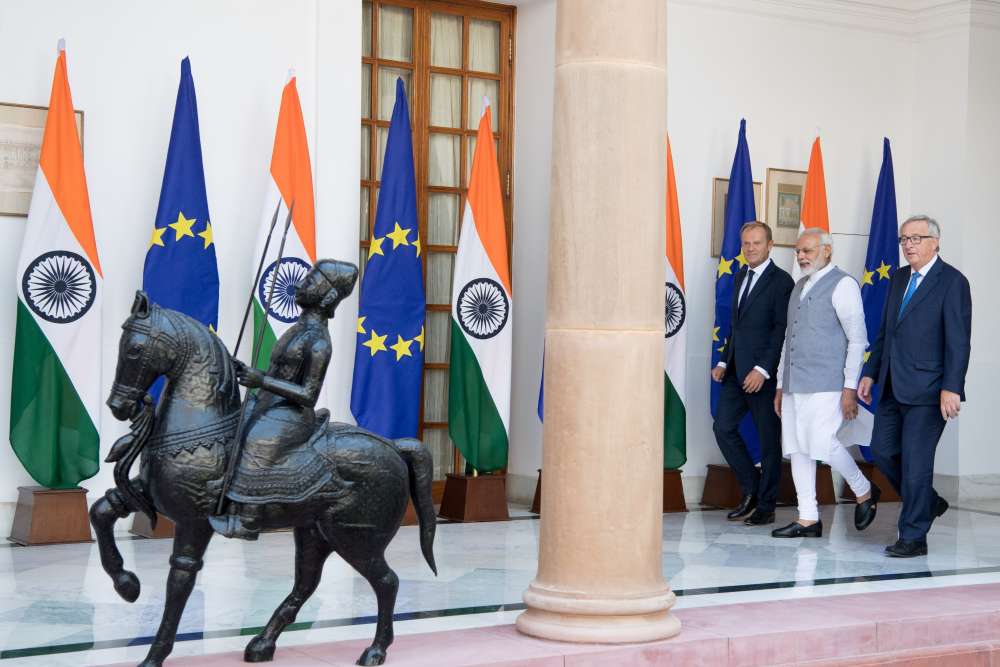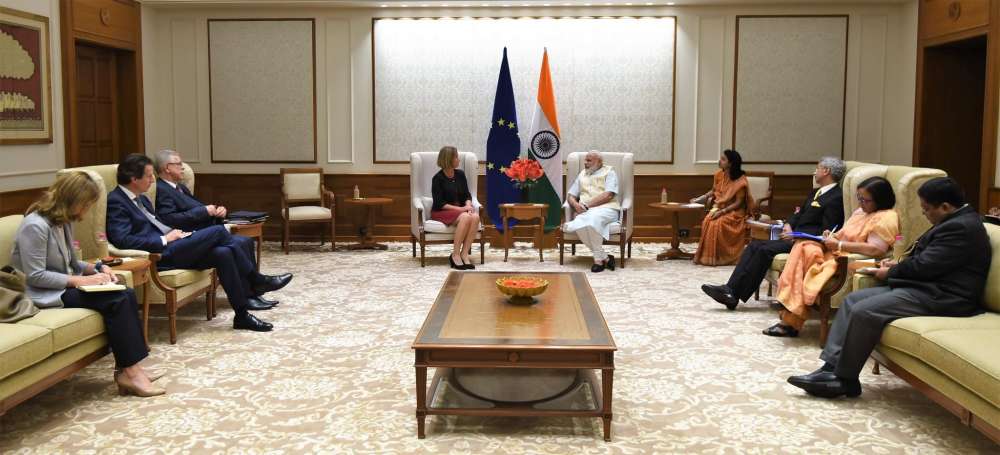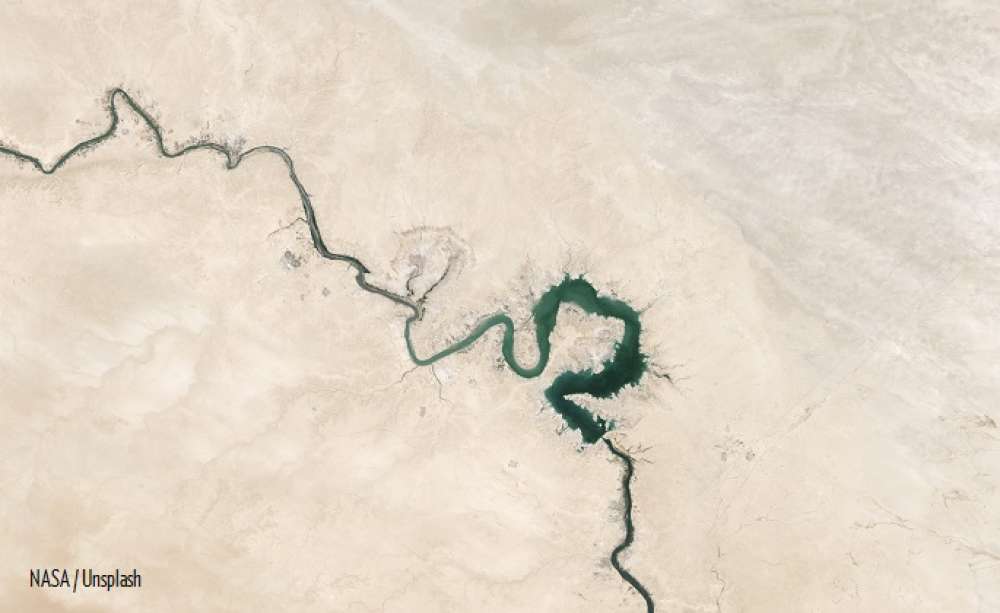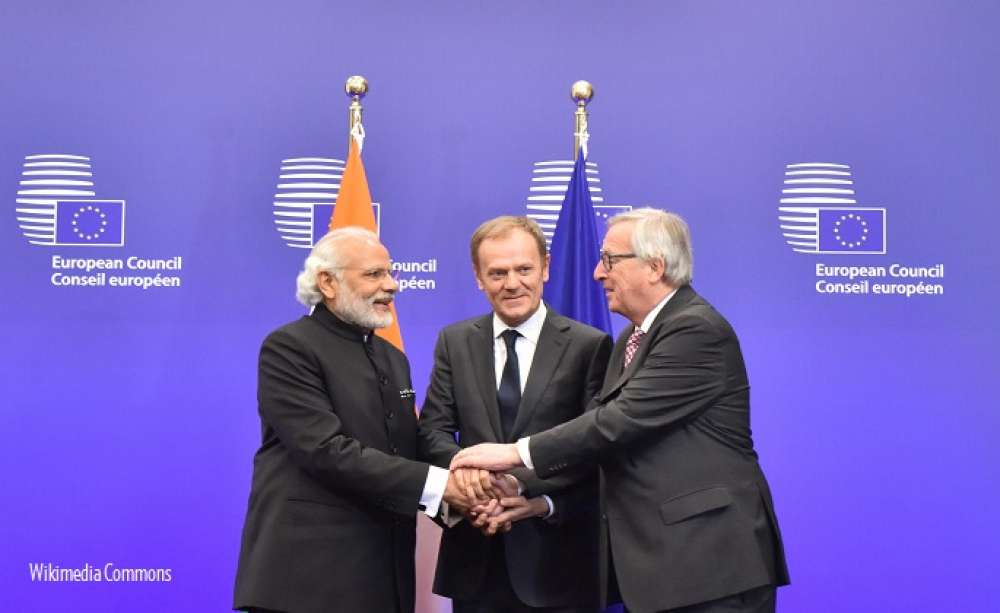GG2022: New Thinking for Global Governance Needed
This piece was published by the Global Policy journal and written as part of the Global Governance 2022 program ↪ , a series of dialogues focusing on the possible futures of global governance and how the international institutions can prepare for challenges and risks in an uncertain future.
For the most part global public policy has failed. From the ongoing global financial crisis and the deteriorating security situation in the Middle East to the tightening trinity of food crisis, climate change and migration, the list of current global challenges and their knock-on effects within and across national borders are staggering. Of course, global public policy will have to tackle existing crises but it is even more important to prepare for if not prevent future catastrophes. Otherwise, global public policy stands to fail again.
Thinking in terms of scenarios and complexity makes the difference between a crisis-driven and a future-oriented approach towards global public policy in two ways.
First, when scientists or policy makers think about how to handle a current crisis, they need to understand the events unfolding in front of them. Crises are complex and because there is no way to grasp and understand complex systems entirely, a theory is needed. Good theories deliver coherent and probable explanations. The human brain is trained to think in these terms and as soon as there are compelling explanations available, we tend to set aside competing perspectives, anomalies, inconsistencies, and coincidences.
Second, policy makers dealing with complex systems oftentimes rely on linear thinking. This is understandable given the ease and convenience offered by the simplicity of such conceptualization. And while reality is less straight forward, in retrospect we tend to find coherent and persuasive ways to convenience ourselves how things developed – the global economic downturn, bail-out of Greece, the Arab Spring. Linear thinking for the future works the same way – if we can understand the events that led to the current crisis then we can predict the next one. The reality is that we are prone to ignore the simple fact that we simply cannot foresee the future.
To preserve global public goods in the long run and to design strong global institutions, our approach to policy thinking needs new and different perspectives instead of sticking to old paradigms. Integrating scenario approaches and complexity to our strategic thinking could lead to a deeper and broadly shared understanding of challenges in an increasingly interdependent world.
Such an approach is not about guessing what the next crisis will be about or predicting the future. Instead, it allows us to think about and tell different stories of the future that will invariably end up surprising us.
